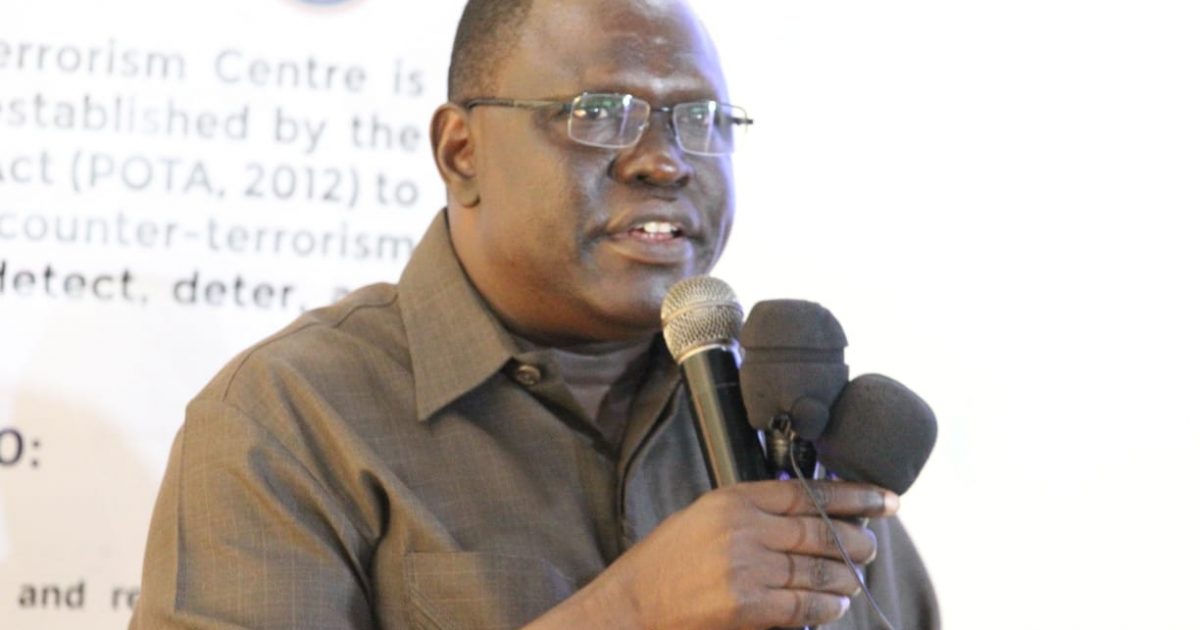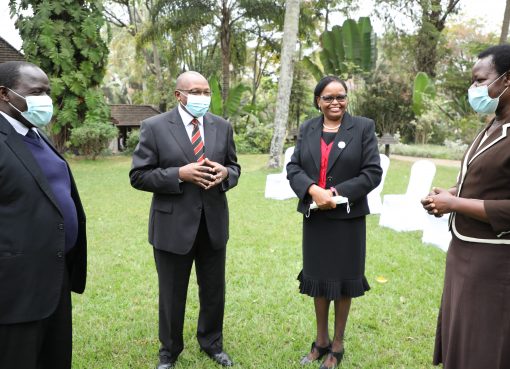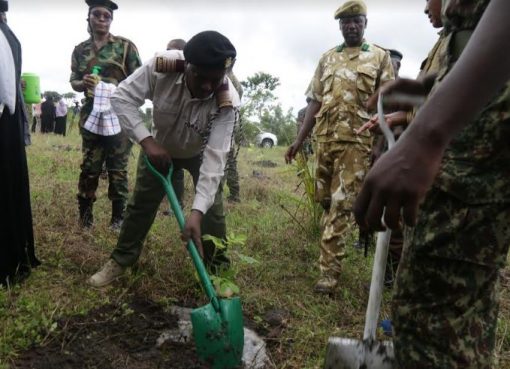The state is seeking to adopt new strategies and policies in the fight against terrorism, violent extremism and radicalization due to changing times and technological advancement.
Speaking during a meeting at a Garissa hotel for the review of the Zero Draft of the National Strategy to Counter Violent Extremism (NSCVE), stakeholders drawn from Garissa, Tana River and Kitui counties noted that terrorism has continued to be dynamic over the years hence the need to counter the same by coming up with new strategies.
The meeting organized by the national Counter Terrorism Centre was attended by several actors among them those from the security sector, non-state actors, religious leaders, civil society organizations and members of the public.
Joseph Kanyiri from NCTC said terrorist groups have changed their mode of operation including using technology to lure unsuspecting people into their criminal activities.
“The need for this review today has been informed by the advancement of terrorist narratives and ideologies, modern technology to keep stakeholders abreast on current trends and ways of building resilience through alternative narratives among others,” said Kanyiri.
He said the meeting also offers an opportunity to measure the country’s past successes and challenges in the implementation of the NSCVE.
Kanyiri said that over the years, terrorism continues to remain a challenge, not only in Kenya but beyond our borders, noting that as a nation, we have been all affected by this vice directly and indirectly.
“Terrorism has an impact on the social wellbeing, economy, security and even the future of the nation. It is therefore important to forge ahead on PCVE matters and take up this rallying call against terrorism and violent extremism,” he said.
“We have a situation where our young boys and girls get into these social media sites and end up in self-radicalization, this is after coming across links which when they will click on leads to behaviour changes and they become radicalized,” he added.
He said the collaboration and partnership among stakeholders including citizens, law enforcement agencies, religious leaders, civil society among others have all significantly contributed towards building trust, dialogue and information exchange which have been pivotal in ensuring the country’s security.
The NTC team leader noted that the strategies that the government put in place to reintegrate and de-radicalize Kenyans who left the country to join the terror groups have been successful since many have since come back home.
North Eastern regional commissioner John Otieno called for all to actively participate in the review with flexibility and adaptability in order to stay ahead of evolving threats.
He thanked citizens across the region whom he said have continued to work closely with the security apparatus to deter would be attacks expressing optimism that soon terrorism will be a thing of the past in the region that has had its fair share of insecurity challenges.
“Over the years, terrorism continues to remain a challenge, not only in Kenya but beyond our borders. As a nation, we have been all affected by this vice directly and indirectly. Terrorism has an impact on the social wellbeing, economy, security and even the future of the nation. It is therefore important to forge ahead on PCVE matters and take up this rallying call against terrorism and violent extremism,” Otieno said.
“The collaboration and partnership among stakeholders include citizens, law enforcement agencies, religious leaders, civil society among others. As County Engagement Forum members, you have all significantly contributed towards building trust, dialogue and information exchange, pivotal in our national security,” he added.
In November 2023, National Counter Terrorism Centre launched a comprehensive nationwide exercise to gather insights and feedback from a broad spectrum of stakeholders including community leaders, civil society organizations, security experts and the general public. This initiative was meant to assess the effectiveness of the National Strategy to Counter Violent Extremism (NSCVE), which has been in place for the past seven years and to incorporate valuable perspectives into its revamp.
The initial phase of consultations yielded significant input, informing the development of a draft document that seeks to address emerging threats, incorporate good practices and strengthen collective resilience against violent extremism.
By Erick Kyalo





